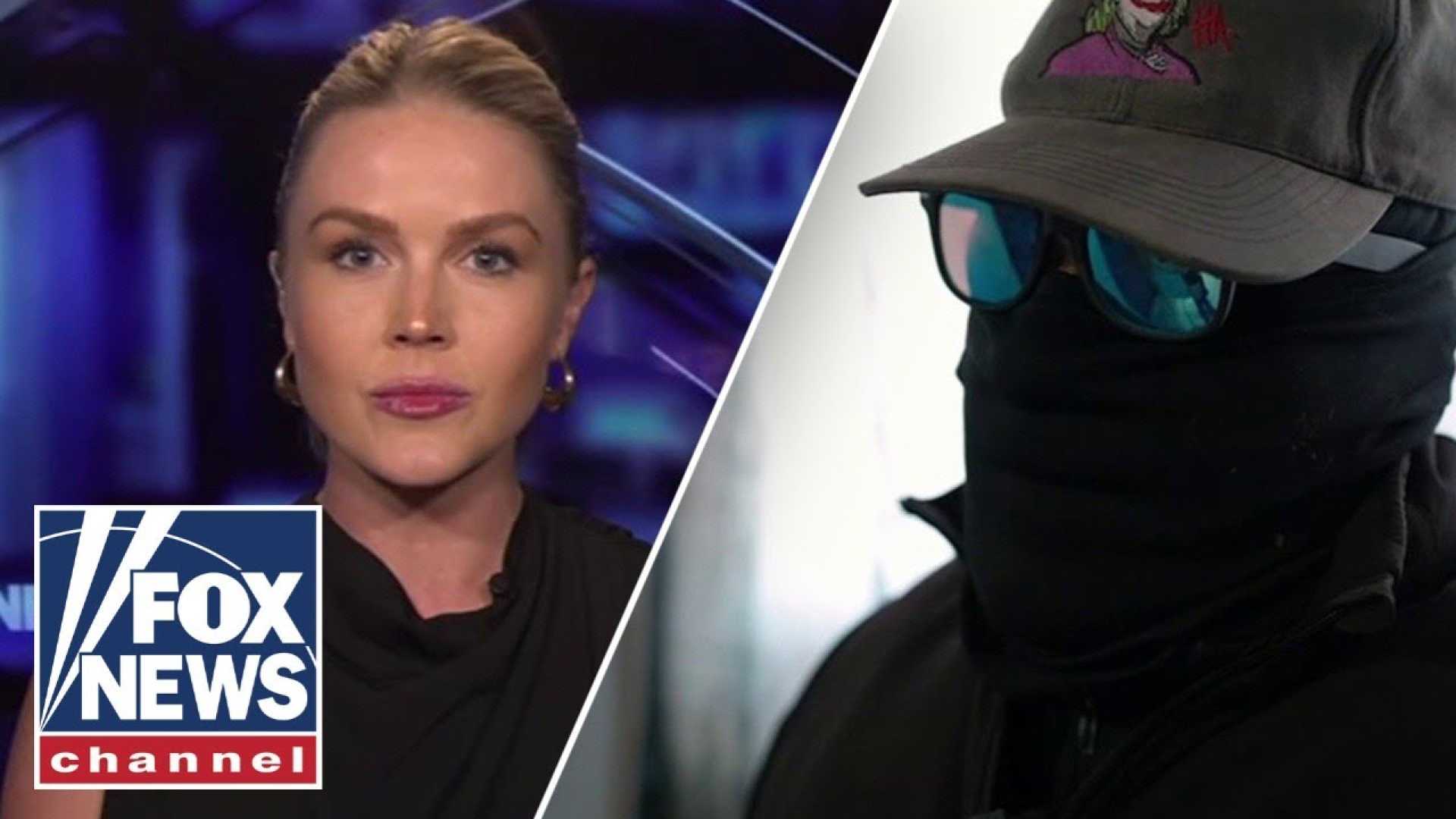Politics
White House Official Criticizes CNN Cartel Interview on ‘Hannity’

WASHINGTON, D.C. — White House Press Secretary Karoline Leavitt criticized CNN on Monday for airing an interview with a member of the Sinaloa Cartel, a Mexican drug organization designated as a terrorist group by the U.S. government.
Leavitt made her comments during an appearance on Fox News Channel’s ‘Hannity,’ where she expressed outrage over the network’s decision to give a platform to the cartel member. She called the interview ‘despicable’ and a ‘softball interview’ that lacked accountability.
‘I thought it was quite despicable, but again, this is just another reason why the trust in the legacy media is at an all-time low amongst the American public,’ Leavitt said.
The interview, which aired over the weekend, featured CNN correspondent Isobel Yeung speaking to the cartel member, who produces fentanyl in Sinaloa. The individual, who requested anonymity, shared his thoughts on how the Trump administration designated his cartel as a terrorist group.
In a clip posted on CNN’s website, Yeung asked him what he thought of the designation. In Spanish, he responded, ‘Well, the situation is ugly. But we have to eat.’ He also addressed U.S. President Donald Trump directly, saying, ‘My respect. According to him, he’s looking out for his people.’
Leavitt’s comments were echoed by Fox News hosts, who accused CNN of being sympathetic towards the cartel member. Co-host Ainsley Earhardt and Lawrence Jones also criticized the interview’s focus, emphasizing the violence and crime associated with the Sinaloa Cartel.
‘What about all the girls that you raped doing the drug trade? What about all the people that you have murdered?’ Jones asked, highlighting what he believed should have been the interview’s focus.
Despite the criticism directed at CNN, it was revealed that Yeung did ask the cartel member whether he felt remorse for his actions, to which he replied, ‘Of course. Things are sad, but well, things are sad.’
As the debate continues over the ethics of interviewing cartel members, the incident underscores the complex issues surrounding media coverage of organized crime and its impact on public perception.












